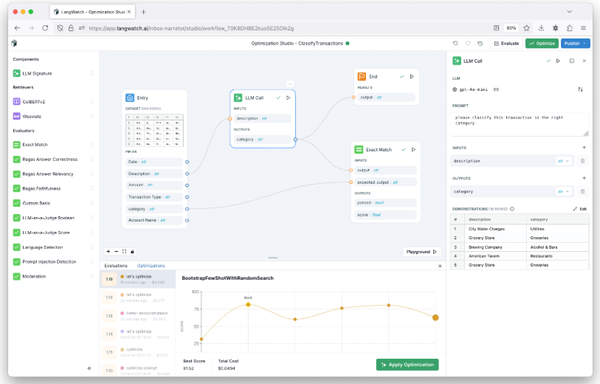Difference Between Medical Grade Supplements and Over-the-Counter Ones
Table of Content
The world of supplements can be confusing, with many products available on the market. One of the most important distinctions to make when it comes to choosing a supplement is whether it is classified as medical-grade or over-the-counter (OTC).
While the supergreens powder you buy from an online store and the vitamins you find at your local health store may seem similar, there are significant differences between these two types of supplements. Understanding these differences can help you make more informed decisions about which supplements are right for you and your health goals.
What Are Medical-Grade Supplements?
Medical-grade supplements, also known as professional-grade or pharmaceutical-grade supplements, are only available through licensed healthcare professionals. These supplements are made with higher-quality ingredients and undergo more rigorous testing to ensure potency, purity, and safety.
In order to be considered medical-grade, supplements must meet the standards set by organizations such as the U.S. Pharmacopeia (USP) and FDA. These standards require that the supplement contains what it claims on the label, is free of contaminants, and is absorbed by the body in a consistent and predictable manner.
What Are Over-the-Counter Supplements?
Over-the-counter supplements, also known as retail-grade or consumer-grade supplements, are widely available for purchase without any prescription or guidance from a healthcare professional. These supplements may not undergo the same level of testing and regulation as medical-grade supplements. While OTC supplements may be more convenient to purchase, they may not have the same level of quality and potency as medical-grade supplements.
What Are the Differences Between Medical-Grade and Over-the-Counter Supplements?
There are several key differences between medical-grade and over-the-counter supplements, including:
Ingredients
Over-the-counter (OTC) supplements often use synthetic ingredients, requiring higher doses. These synthetic versions, like folic acid versus folate, can be harder for the body to break down. In contrast, medical-grade supplements, maintaining at least 99% effective ingredients, utilize the highest quality and most absorbable ingredients, excluding fillers.
Bioavailability
Bioavailability is defined as the extent and rate at which a compound is absorbed into a living system or made available at the site of biological activity. Many over-the-counter multivitamins contain multiple compounds in a single pill, making digestion and absorption difficult. Meanwhile, pharmaceutical-grade supplements, governed by stringent standards, must be fully digested within 45 minutes.
Quality & Safety
Quality and safety controls for over-the-counter supplements typically lie solely with the manufacturer. Conversely, pharmaceutical-grade vitamins undergo rigorous testing and are approved for use by the US Food and Drug Administration (FDA), ensuring their safety and effectiveness.
Cost
Pharmaceutical-grade vitamins are produced under Certified Good Manufacturing Practices (CGMP) in FDA-registered facilities. Consequently, these high-quality supplements have a higher price point. In comparison, over-the-counter supplements often have a lower price point due to lesser quality ingredients and a lack of strict regulation.
Final Thoughts
Both medical-grade and over-the-counter supplements have their own benefits and drawbacks. However, regardless of the one you choose, investing in high-quality, easily absorbable supplements is one of the best decisions you can make. Consult with a healthcare professional to determine which type of supplement is best suited for your individual needs. This will ensure that you are getting the most out of your supplement regimen and are on track toward achieving your health goals.











